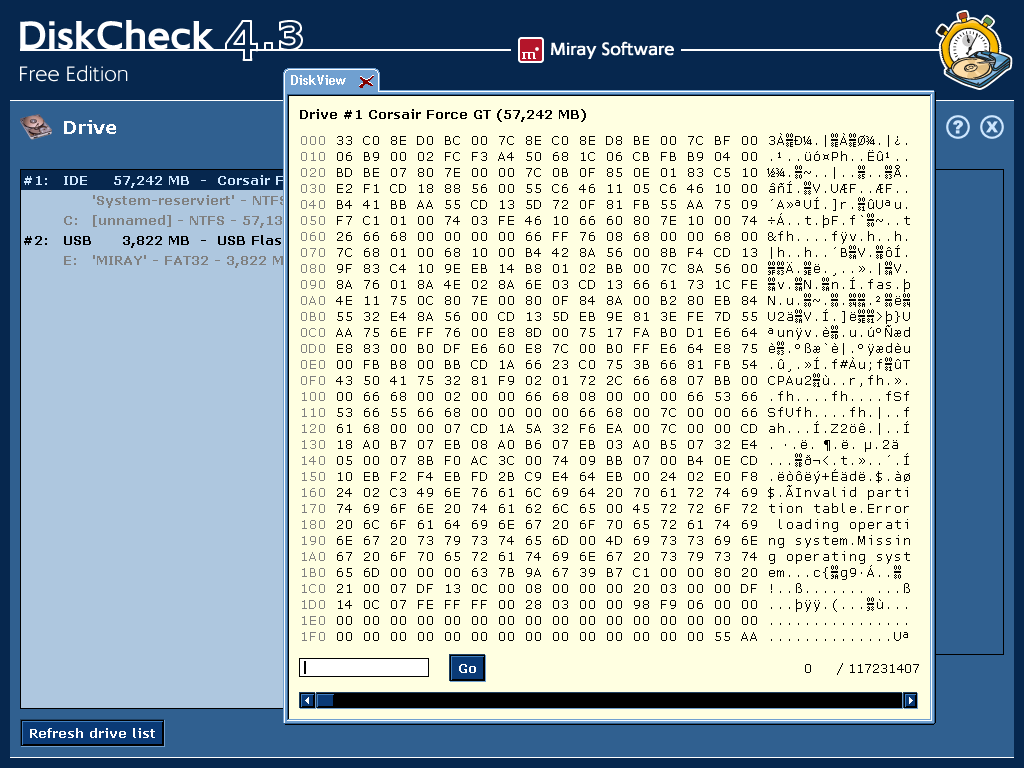Program Measure Hard Drive Speed
EDIT: My original intent with this question was to figure out if it would be worth purchasing a 7200rpm drive if mine turns out to be 5400rpm, but JakeGould has made it clear that RPM alone is not significant to the overall performance. However, I’m still intrigued with all the conflicting information and would like a definite way to confirm which speed my drive rotates.
Norton ghost for windows xp. This document lists the versions of Ghost that are compatible with Windows XP, as well as any requirements or limitations of using Ghost with. Norton Ghost 2003.

Could you run the HD Tune test yourself, if you have a 7200rpm drive, and post the results below? I’ve got a Samsung HD103SI/SRA under Windows 7. There’s no info regarding RPM on the sticker, and searching the model number online has yielded conflicting results, featuring both 5400 and 7200 for the same model number. HD Tune has produced this result, which would made you think my disk is actualy 5400 rpm according to, on SevenForums. The vertical width of the yellow dots roughly equals to 11ms which, according to him, is the latency for a 5400 drive (opposed to 8ms, which would be the one for 7200). I didn’t find other screenshots to compare, though. Would any commenters here post their own results with a confirmed 7200rpm drive?
How To Build A PC
How to measure a HDD's RPM speed? Comments below and around the web says the software pulls this from. RPM speeds are to hard disk drives what Mhz/Ghz is.
Hard Drive Speed 5400 Vs 7200
However, reports it as being 7200, but I’m not sure where it got this value from. Comments below and around the web says the software pulls this from a database, but I’m not sure if I can trust them on this specific case.
Ask any techie and chances are they will tell you that hard disk speeds given by manufacturers are often overstated or misleading (e.g. Speeds attained under unrealistic scenarios). In that case, the only sure-fire method to determine your real-world hard disk speed is to put it through a reliable hard drive performance test. And once you have the benchmark results, we'll point out what are the numbers to look for and what they mean in plain English.
How to Run a SSD Benchmark or HDD Benchmark Let's begin by introducing you to the big names in hard drive speed test software:, and. While they are all dependable hard drive benchmark tools, we recommend over the others for the following reasons:. Works like a charm with almost everything - Hard disk drives, solid state drives, external hard drives, USB flash drives and even memory cards. Simple to use with a clean interface - Easy-to-understand benchmark results without excessive technical details (see screenshot below). The numbers that will matter to most people are the ones in the 'Seq' and '4K' row (outlined in red above).
Seq is short for sequential (read/write speeds), and 4K refers to random (read/write speeds). Sequential read/write - measures the speed of your hard drive when it comes to the transfer of large files (e.g. Installing programs, copying videos, programs, photo albums or music libraries from one hard drive to another). High sequential read speeds will also shorten the loading time for large programs such as modern computer games and video editing software. 4K random read/write - measures how fast your hard drive is able to access small files that are randomly scattered across it.
A hard drive with higher 4K numbers will able to multi-task better, so your operating system will be more responsive and you can run more background programs (e.g. Virus shield, firewall, torrents, instant messengers etc) without any major slowdowns. For an operating system boot drive, 4K random read speeds are the most important, followed by 4K random write speed.
For a mass storage drive (e.g. External hard drives and USB flash drives), sequential read/writes will matter more.